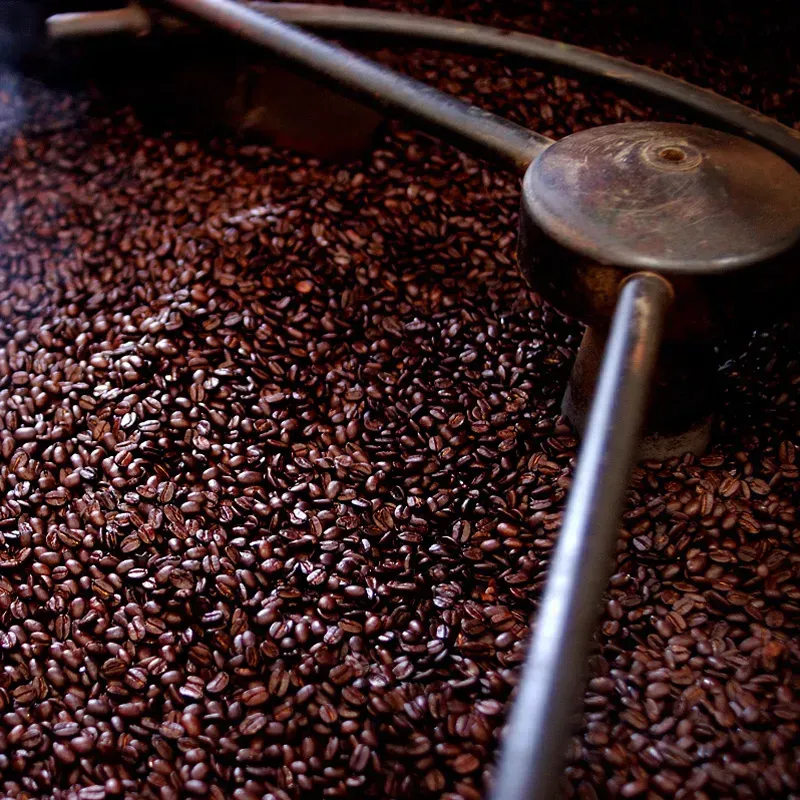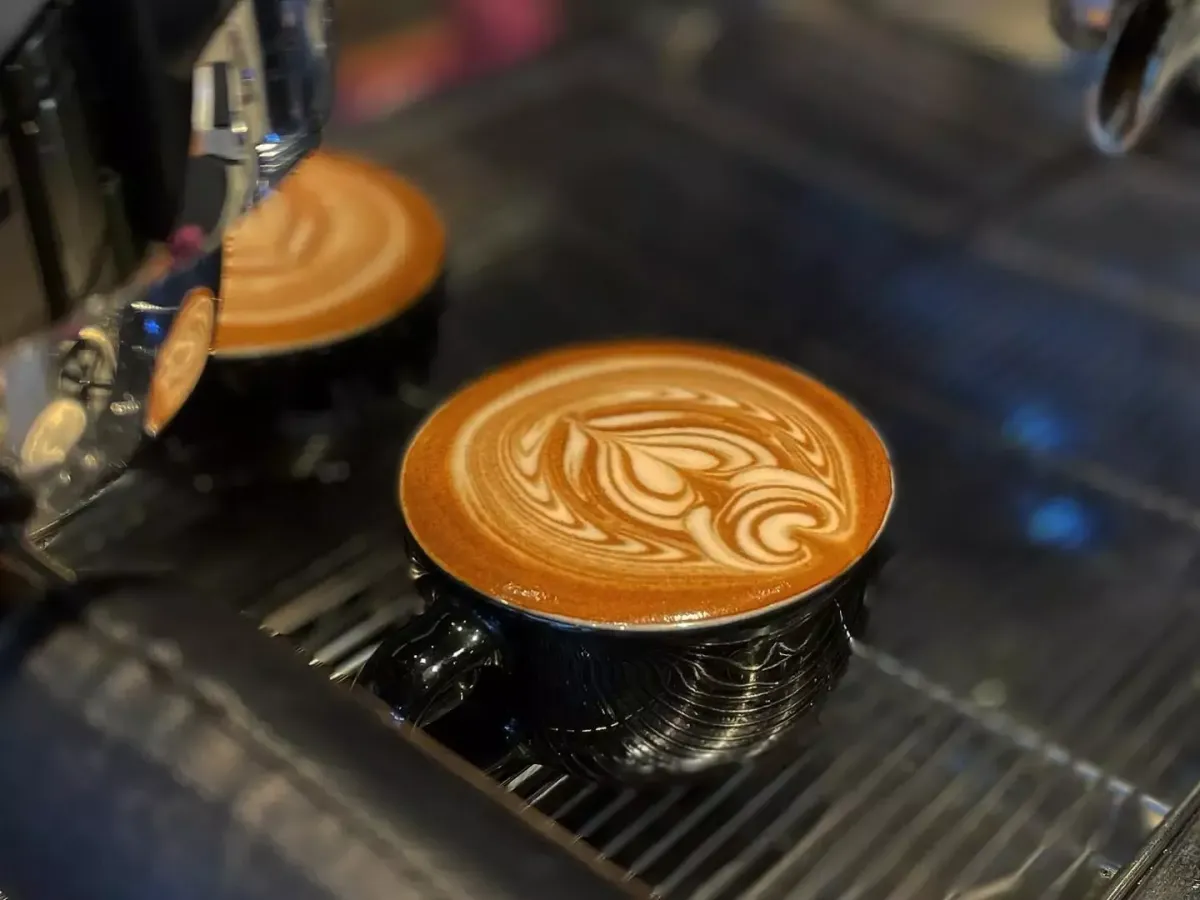About Us
FARMING AND PLANTING KAWA JAVA
Land Cultivating Kawa Java
People speak of coffee the way they speak of wines. We talk of body and character, floral notes and aroma, acidity and woodiness, brightness and weight, aftertaste and chocolate notes, complexity and subtlety, robustness and balance.
Today, Uganda's rain forest mountains (at altitudes exceeding 17, 000 ft) produce some of the finest naturally occurring coffee trees anywhere in the world. Coffee grows in much the same way it did 200 years ago: Mixed in with traditional crops, protected by banana tree leaves and shade trees. In these self-sustaining conditions, coffee is left to grow naturally. The trees flower twice a year, bathed in the sultry equatorial sun and rain, and sustained by rich volcanic soils.
There are over 500,000 coffee farms in Uganda. Most of the growers are small family farmers, who have a unique relationship with the plant. Uganda has strong ties with exporters in neighboring countries, ensuring reliable transit. Over the past three decades, Uganda infrastructure improved thus allowing us to bring you one of the most unique and satisfying beans in the world.
Land Cultivating:
Land is prepared during dry season by removing forest tree stumps and roots to minimize fungal disease.
Trees are killed one year in advance by ring barking but some can be
left to provide shade at a spacing of 15 X 15(m). Perennial weeds such as couch grass should be removed. Land should be ploughed to turn and rejuvenate soil.
Suitable soil conservation measures are carried out such as contouring terraces, bands, and grass strips, mounding and cutting off drains if the land is sloppy. This is done to avoid soil and nutrient loss. Small-scale growers can interplant coffee in established banana or other crops.
Planting Kawa Java (long term goal):
Most Arabica varieties are planted at a spacing of 2.74 x 2.74 (m) apart.
This allows for loosening of the soils to allow for better water and root penetration.
When digging the holes, this keeps the fertile topsoil separate from the
subsoil and loosens the soil at the base of the holes to create a penetrable
base. The refill for the holes topsoil has to be prepared about a month before planting. Where we mix the soil with a 20-litre basin of well decomposed manure per planting hole. Farmers may add Single Super Phosphate (SSP) fertilizer but not nitrogen fertilizer. The soil has to be heaped over the hole above the general ground level to allow settling that may follow rain. Arabica is planted two to four weeks after the onset of rains when the soils have become reasonably moist.
Our farmers raise their own planting materials using seeds or cuttings from a source recommended by UCDA.
When planting, open up the center of filled holes sufficiently to take the entire root system of the planting materials.
Place the plants in the opening with their collars at level with the surrounding soil or slightly higher to allow for some sinking.
If soil surrounding the root system has caked, carefully loosen it by breaking it up to ease water and allow root development. we regularly inspect the planted field to identify dead plants that require replacing. We dip cut end of the cuttings into semi-hard wood rooting hormone before planting into pots. We plant the cutting into the pots leaving the upper node at least two centimeters above the media. We slightly compress the media around the cutting. Water media in the pots again and cover them tightly with polythene sheets. We use polythene sheets of gauge 800 to a 1000, for covering the cuttings. We build cages over the pots and cover tightly with polythene for two to three months to allow formation and root development.
We occasionally open the cages to water pots and replace the polythene soon after watering. We leave the plants in poly pots under cages for at least three months. We keep our harvested coffee into containers such as baskets.


Organic Coffee Beans
Two Fair Trade, organic, commercially cropped coffee varieties from East Africa, Uganda: Arabica & Robusta

Packaging and Safety
Our coffee is air shipped and packaged in 60 kilo sack bags & stored in a climate controlled environment
OUR STORY
Kawa Java by Annette Nanziri

Coffee is native to East Africa’s Uganda. In the 1800s, before coffee was known as a beverage, Ugandans would chew sundried coffee beans for caffeine stimulation.
While coffee has certainly become a commercial crop, it still has ceremonial significance among the many tribes of Uganda. Ugandan Coffee is extraordinarily tasty with hints of nuts, chocolate and a host of other natural flavors that will entertain the most discriminating palette.
Both coffee lovers and Ugandan coffee farmers have strongly encouraged Kawa Java to import Ugandan Arabica berries. Company founder, Annette Nanziri, received overwhelming requests to bring coffee back to the United States whenever she travels to her native Uganda. Kawa Java is born out of a spirit of bringing the best in organic sustainable coffee to local roasters and retailers here in North America.
While in Uganda in 2007-2008, Nanziri became intimately involved with the overall coffee farming process, from planting to harvesting the coffee berries. This involvement also included getting to know and understand the quality controls that are in place via The Uganda Coffee Development Authority. By working closely and directly with local farmers, Kawa Java seeks to improve the economic and living condition of the local farming communities while providing the highest quality products a coffee consumer could desire.

Natural Coffee Beans
Two Fair Trade, organic, commercially cropped coffee varieties from East Africa, Uganda: Arabica & Robusta

Packaging and Safety
Our coffee is air shipped and packaged in 60 kilo sack bags & stored in a climate controlled environment
Delivery Available
Online Store
Africa’s Number One Fair Trade Organic Coffee
Quality Taste
CUSTOMER FEEDBACK
What Our Clients Say

Two Fair Trade, organic, commercially cropped coffee varieties: Arabica & Robusta
Working Hours
• Monday - Sunday
6:00 AM - 11:00 PM GMT Time Zone
Contact Us
Address :
6595 Roswell RD Suite G6784
Atlanta, GA 30328
Email Address :
Phone Number :
(470) 665-4777
Follow Us On Social Media


Copyright © 2024 Kawa java, LLC. All Rights Reserved.